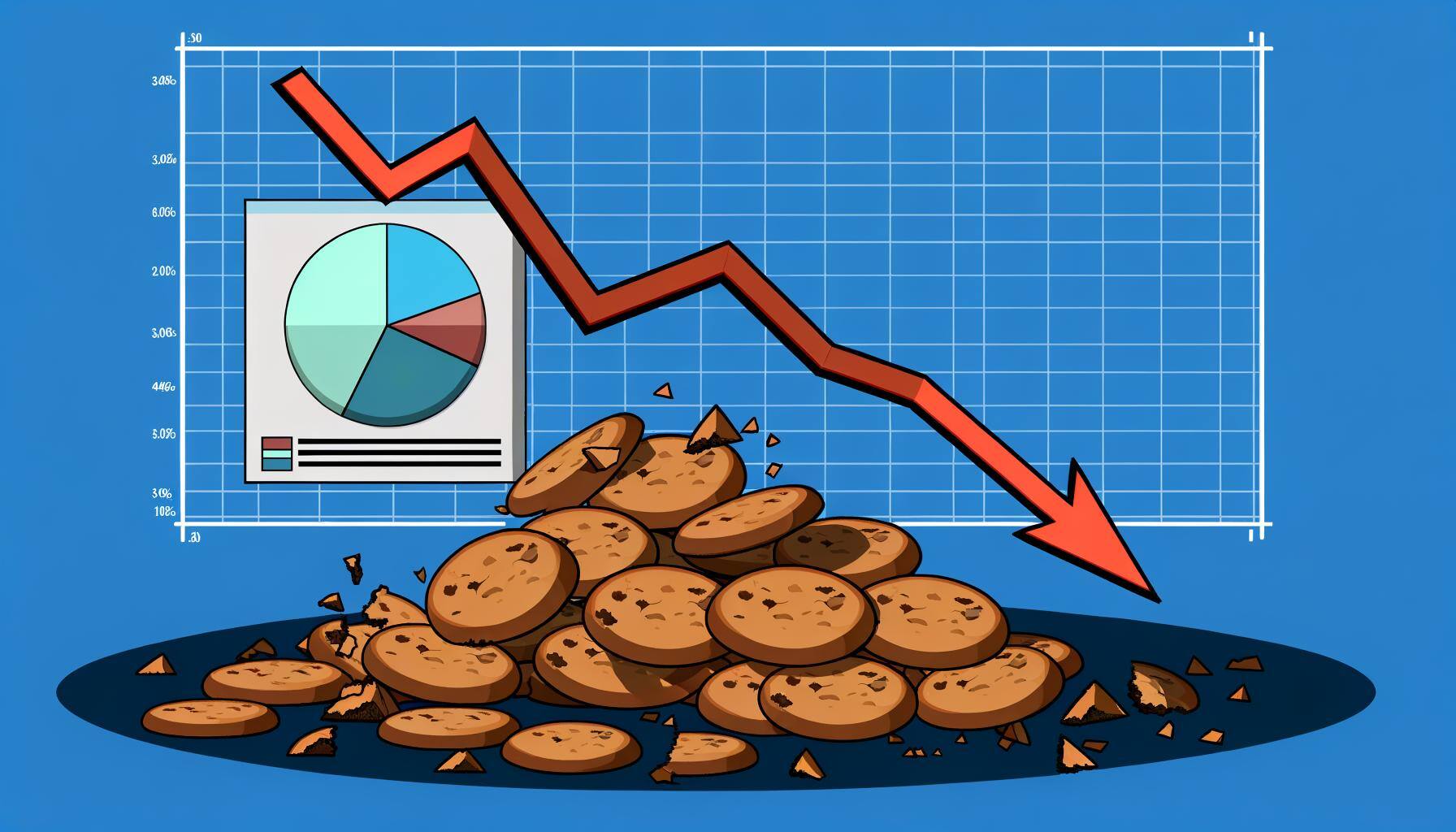The Apartment Department: A Real Conversation on Multifamily Marketing Partnerships and Brand
Vendor–operator relationships in multifamily marketing often fail for reasons that have little to do with performance and everything to do with...
2 min read
Phil Sewall
:
Updated on May 24, 2024

As digital marketers, we've been bracing for the impact of cookie deprecation in 2024. With these changes now unfolding, it's crucial to understand how they affect retargeting campaigns, a staple in our digital arsenal. Today, we're delving into fresh data from over 400 clients to shed light on the shifting landscape of online advertising.
Our analysis indicates a notable decline in audience pools for retargeting campaigns. Comparing data from January to May, we observed that the total number of users collected had a significant 10.84% drop over the last four months. This trend isn't just a fluctuation but a clear signal of how the deprecation of third-party cookies is starting to bite.
In dissecting the data further, we found varying impacts across different retargeting segments:
The data reveals a mixed bag of results but underscores a crucial point: reliance on third-party cookies is no longer viable. As audience pools shrink, marketers must pivot towards strategies that emphasize first-party data and contextual targeting.
While a 10% decrease in user collection marks a clear change, it's important to recognize this as a relatively low-impact shift.
 Retargeting tactics, whether through display ads, email, or streaming TV, continue to offer substantial opportunities for marketers in 2024. The foundational mechanisms of these tactics remain strong, and with adjusted approaches, they can still deliver significant results.
Retargeting tactics, whether through display ads, email, or streaming TV, continue to offer substantial opportunities for marketers in 2024. The foundational mechanisms of these tactics remain strong, and with adjusted approaches, they can still deliver significant results.
Moreover, location-based tactics like geofencing remain entirely unaffected by the cookie deprecation. Since geofencing relies on real-time location data rather than cookies, it stands as a potent strategy for marketers seeking to engage audiences with high precision and relevance.
The deprecation of cookies is a transformation that requires adaptation and innovation. While the initial impacts as indicated by our data are challenging, they also open doors to more sustainable and privacy-respecting marketing practices. As we continue to navigate this transition, staying informed and agile will be key to thriving in a cookieless world. Stay tuned for more updates as we further analyze the effects and develop strategies to help marketers adapt effectively to these significant industry changes.

Vendor–operator relationships in multifamily marketing often fail for reasons that have little to do with performance and everything to do with...

At Apartment Geofencing, we love when our team gets out into the industry and comes back with real intel you can actually use.

Most multifamily marketers know paid social is powerful, but too often, it’s one-dimensional. You run a few ads, retarget, and hope something sticks.